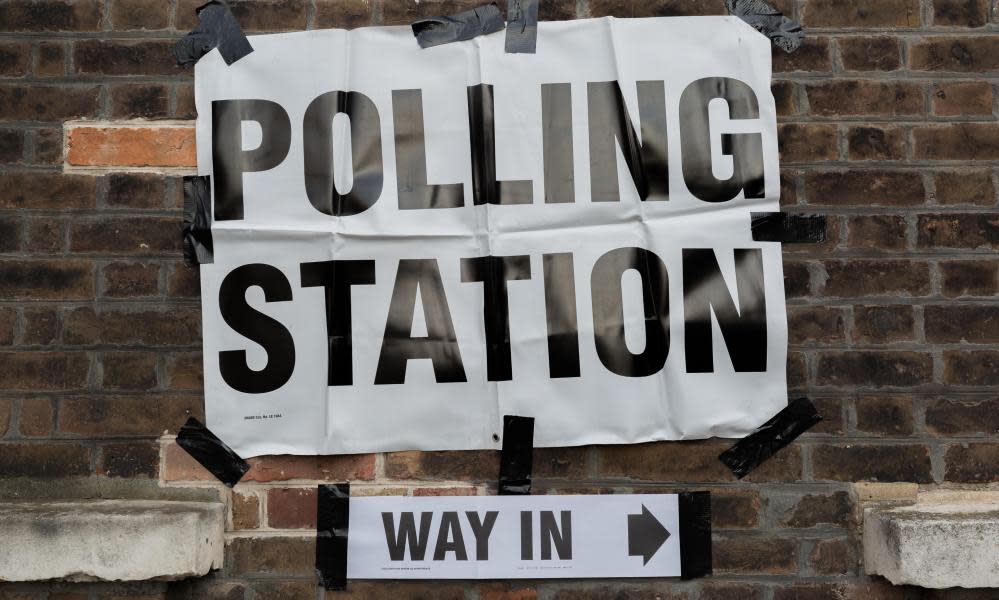Cabinet Office ignored warning EU voters could miss out in 2019 elections

The Cabinet Office ignored warnings that EU citizens living in the UK would be disenfranchised in the May 2019 European parliamentary elections if preparations were not made long before polling day, according to internal documents released during legal action against the government.
Details of efforts made by officials to persuade ministers to prepare in advance of voting have been revealed in submissions to the high court in a case launched last year by the3million, a group campaigning on behalf of resident EU citizens.
Pre-trial exchange of arguments before the judicial review hearing shows that a requirement to fill in a preliminary declaration form – not needed by EU citizens in another European country – added to the difficulties for potential voters.
As early as 2016, according to Cabinet Office documents, an official in its electoral administration team wrote to colleagues stating: “I have been tasking DexEU [and others] about this to press the point that returning officers want to start preparing for the polls around 18 months out and we either need clarity on participation or a commitment to indemnify them for any nugatory expenditure. My thinking is that we need a decision by the end of 2017.”
The following year, the official sent a memorandum in which he cautioned: “Ideally, we would have at least 6 months to prepare for the poll, i.e. from November 2018. After this point, there are increased risks to the successful delivery of a poll.”
In May 2018, however, the Cabinet Office wrote to the Electoral Commission to inform it that it “is the government’s position that it would not be prudent for money to be spent preparing for the elections that the government is clear will not take place”.
The following March an official said they were “very close” to a point at which it would be “irresponsible for [local authorities] not to start preparatory work”.
In the end, according to lawyers for the3million, as many as 1.7 million EU citizens who had previously registered may have been unable to submit the declaration form in time to vote. The Cabinet Office says there was a higher voter turnout than in previous EU elections.
Christiane Rée, a teacher and German national who had lived in the UK for 24 years, is one of those taking the action. She completed a declaration form but was told it had been lost.
“When I arrived and asked to vote, I discovered that although my name was on the register it had been crossed out, and I was told that I would not be able to vote,” she said. “My first reaction was a combination of incredulity and shock.”
Maike Bohn, a co-founder of the3million, said: “The only way to uphold our fundamental right to have a say is to [hold] this government to account.”
If the group wins, those unable to vote could each be awarded thousands of pounds in compensation.
John Halford, a solicitor at the London law firm Bindmans who is representing the claimants, said: “The documents brought to light thanks to this litigation reveal a Cabinet Office riven with conflict between officials and ministers about whether EU citizens should be enabled to vote here last year, as was their right.
“Officials gave warning after warning that the UK’s system led to disenfranchisement and needed reform. They urged ministers to make contingency plans for the 2019 elections despite Brexit. Yet ministers abandoned proposed reforms to the system after the 2016 referendum, would not plan for the 2019 elections until it was too late to ensure those who wanted to vote could and, worst of all, adopted a policy that EU citizens should vote anywhere but here.”
A Cabinet Office spokesperson said: “The government put in place all the legislative and funding elements to enable returning officers to make their preparations required for the polls on 23 May – and did so in exceptional circumstances. We cannot comment on the details of an ongoing legal case.”

 Yahoo News
Yahoo News 
